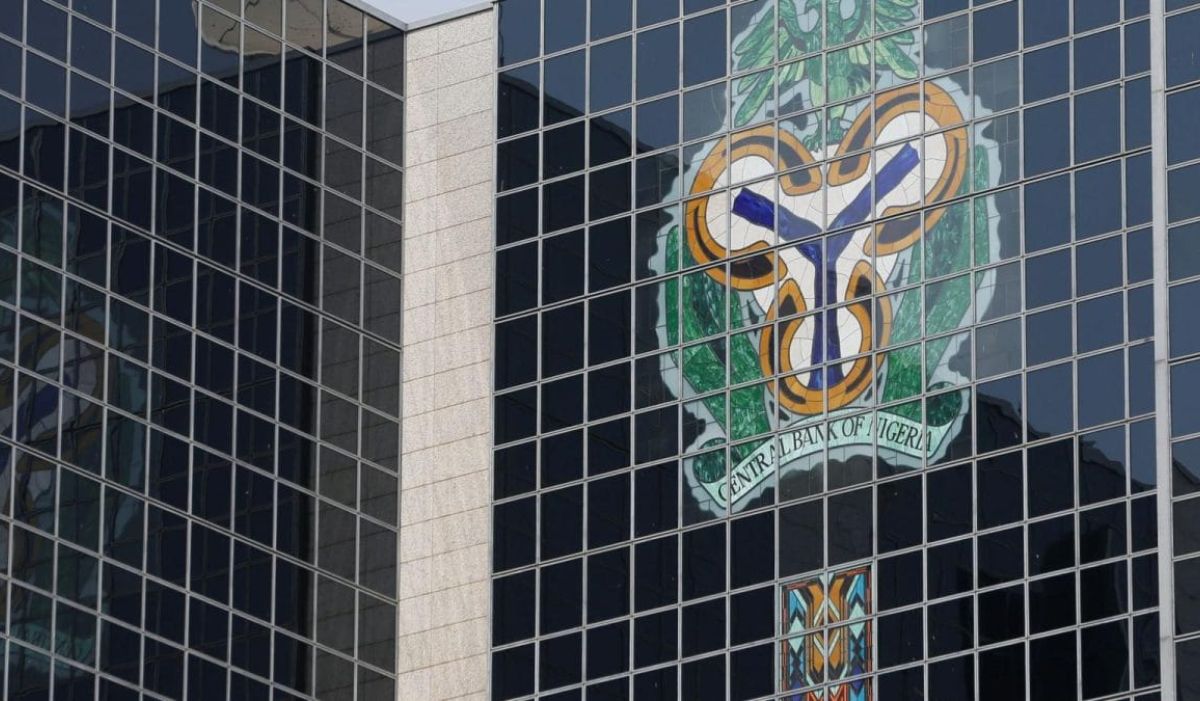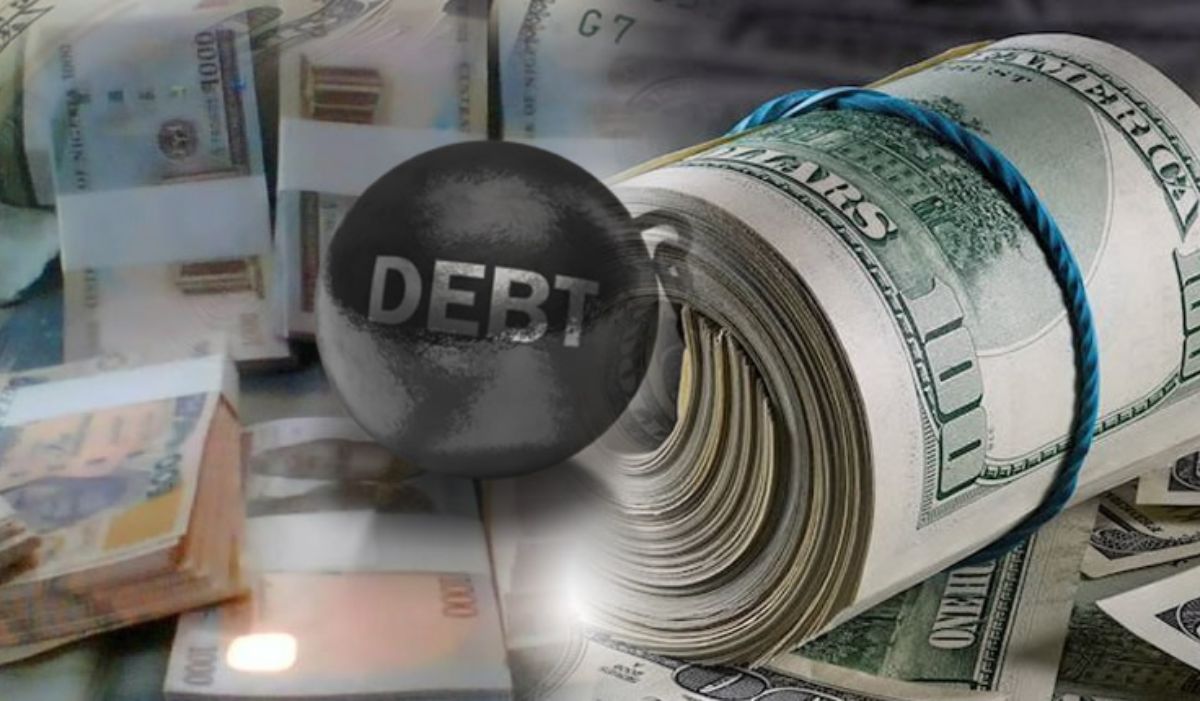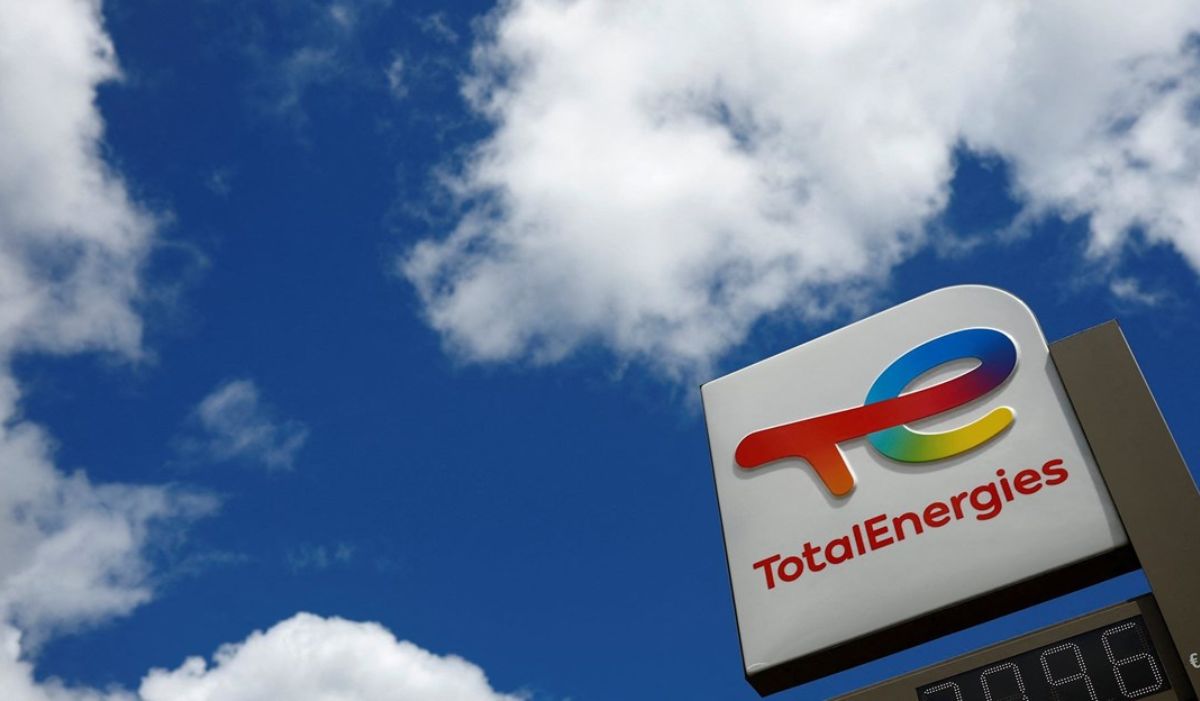Nigeria’s Reserves Dip by $3.5 Billion in H1 2025 Amid Oil Price Volatility

Nigeria’s foreign reserves declined by approximately $3.5 billion in the first half of 2025, according to data from the Central Bank of Nigeria (CBN).
The country’s gross external reserves, which stood at $38.448 billion in May, fell to $37.369 billion as of June 26. At the end of 2024, reserves had been at $40.877 billion.
CBN figures revealed a consistent downward trend throughout June, with reserves falling from $38.391 billion on June 2 to $37.369 billion by June 26—a decline of approximately $1.07 billion over 23 days.
“CBN’s published gross foreign reserves closed the week at $37.37 billion, down by $293.87 million or 0.78 per cent week-on-week (w/w). We expect the Naira to remain relatively stable in the near term, supported by continued foreign portfolio inflows and improved FX supply from non-bank corporates and exporters,” Coronation Research analysts noted in a June 30 update.
They warned, however, that lower reserve levels and limited foreign exchange inflows could leave the currency market vulnerable to demand pressures.
Concerns about crude oil production and pricing also loom large. Brent crude fell below $68 per barrel, while WTI dropped to $65.55—down from $77 and $73 per barrel, respectively, just a week earlier. The sharp decline followed the de-escalation of hostilities between Israel and Iran.
The two-week conflict, which began on June 13 after Israeli airstrikes on Iranian nuclear sites, had pushed Brent crude above $80 per barrel. However, prices quickly retreated after a ceasefire announcement by U.S. President Donald Trump.
Amid these developments, the CBN has reaffirmed its commitment to stabilising Nigeria’s external buffers. CBN Governor Olayemi Cardoso emphasised that boosting foreign reserves is crucial for withstanding external economic shocks.
“Our foreign exchange reserves have now risen to over $38 billion, giving us close to 10 months of import coverage. This provides the country with a more robust buffer to withstand external shocks such as falling oil prices or global market volatility, thereby protecting the economy,” he said.
The apex bank has rolled out a series of initiatives to improve reserve inflows. These include strategies to grow non-oil exports, support local manufacturing, and simplify remittance procedures for Nigerians abroad.
During a recent courtesy visit from Airtel Africa’s leadership, Cardoso highlighted the CBN’s actions over the past 16 months to stabilise the FX market, strengthen the Naira, and attract investors.
“We expect the Naira to hover at current levels if there are no substantial shocks. We anticipate the CBN will continue to defend the Naira in the Foreign Exchange Market. Ultimately, CBN’s intervention would sustain the Naira at current levels with the possibility of marginal gains,” analysts at United Capital wrote.
“Similarly, inflows from remittances and other FX earnings might support the Naira in the new week. However, legacy issues, debt servicing pressure, speculation, hoarding, and insufficient FX supply would continue to weaken the Naira in the FX market,” they added.





